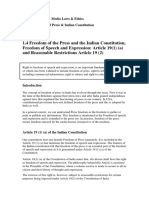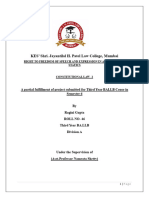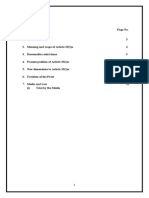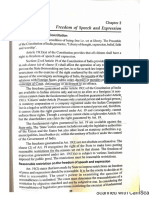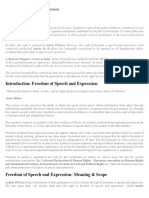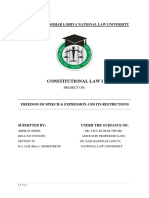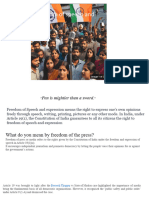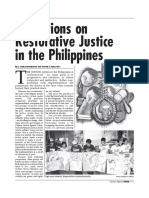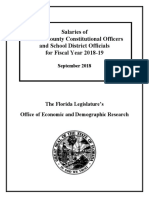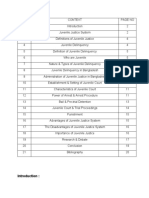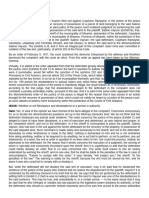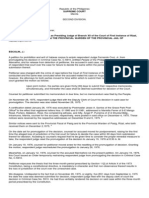0% found this document useful (0 votes)
9 views19 pagesLaw and Media Notes 2
The document discusses the freedom of speech and expression as enshrined in Article 19(1)(a) of the Indian Constitution, highlighting its significance for individual liberty, democratic values, and societal good. It outlines the essential elements of this right, its limitations under Article 19(2), and the grounds for reasonable restrictions, including national security, public order, and defamation. Additionally, it references various case laws that have shaped the interpretation and application of these rights in India.
Uploaded by
TopXGaming OpCopyright
© © All Rights Reserved
We take content rights seriously. If you suspect this is your content, claim it here.
Available Formats
Download as PPTX, PDF, TXT or read online on Scribd
0% found this document useful (0 votes)
9 views19 pagesLaw and Media Notes 2
The document discusses the freedom of speech and expression as enshrined in Article 19(1)(a) of the Indian Constitution, highlighting its significance for individual liberty, democratic values, and societal good. It outlines the essential elements of this right, its limitations under Article 19(2), and the grounds for reasonable restrictions, including national security, public order, and defamation. Additionally, it references various case laws that have shaped the interpretation and application of these rights in India.
Uploaded by
TopXGaming OpCopyright
© © All Rights Reserved
We take content rights seriously. If you suspect this is your content, claim it here.
Available Formats
Download as PPTX, PDF, TXT or read online on Scribd
/ 19
